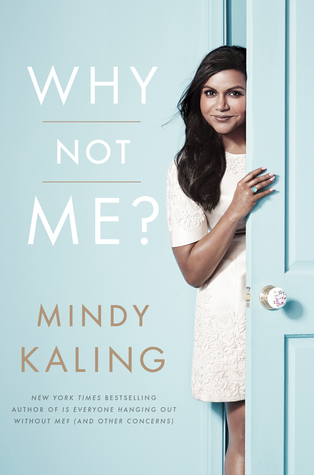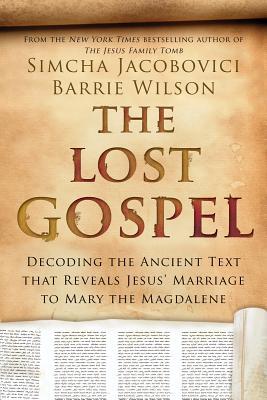Rating: 5 Stars
Review:
While I would not consider Mary a heroine of mine, I can certainly say that she is an unjustly maligned figure who deserves a lot more respect than she has received in the 400+ years since her death. It is no secret that Mary made some very poor choices later in her reign, but prior to that she ruled her country well, with tolerance for religion and an aim to work together with her council to govern Scotland as an independent nation free of England's interference.
Here with Guy's biography of Mary, we are given a beautifully written, exhaustively researched play-by-play of Mary's life. That is not to say the work is perfect, it does have its flaws, just as Mary did, but it is far less biased than some of the other texts available out there. I can say this with certainty, as it even paints Elizabeth in a decent light (which I don't care for) and Cecil (rightfully so) shoulders much of the blame in Mary's downfall.
From the very beginning of her life, Mary was a queen and raised as such. When her father James V died within a week of her birth, the crown became Mary's and perhaps her fate was sealed then. Scotland has never had great luck with minor rulers, yet due to Henry VIII and his 'rough wooing' of Mary as a bride for Edward, Mary was promptly sent to France before she was even old enough to understand her place and her mother Mary of Guise became regent.
Due to the research and facts presented here, no one can really be surprised that Mary acted as she did. Her entire early life, she was the darling of the French court - already Scotland's queen and being prepared to become France's as well. People speak and write of her as though she was just this dumb, vain little girl. While she could certainly exhibit those qualities, it is certainly not all there was to Mary. It is also no surprise that she was so trusting. Family was so important to Mary, from her time in France with her Guise uncles, to her half-brother Moray. Mary never really stood a chance with all these greedy and manipulative men aligned against her for their own self-interests. Her uncles did her no favors for her future, by styling her as Queen of England while she was in France; they set up the struggle that would come to define Mary's life after her execution. Moray's constant undermining and later treachery was beyond awful. Mary trusted her half brother time and again, because family was important to her. To call her stupid for wanting to trust her family is to do a great disservice to Mary.
While over all I have a favorable opinion of this biography, it is not without its flaws. The author speaks of some things as facts when there is little evidence to actually confirm. The first time this arises is actually in reference to Elizabeth and Dudley, whom the author says had a 'fling lasting 18 months'. This is incorrect on many levels, primarily being the fact that it was certainly no fling and likely lasted longer than 18 months, despite Dudley's multiple marriages - and to think, Elizabeth thought Mary would actually jump at the chance to Mary Dudley. What a joke. It actually saddens me that so much of Mary's story involves those two.
A second issue I take with the author's version of events is that he refers to Rizzio once being Darnley's lover. This is a huge point of contention and several authors have repeatedly addressed it. Again, no proof. I did learn that at one point Rizzio was apparently part of Darnley's circle, and there were stories that they had at various times shared a bed, but this was not uncommon in this time period, so I am confused as to how sharing a bed equals being lovers.
As always seems to be the case, one can not discuss Mary without addressing Elizabeth. While the author does put a positive light on Elizabeth, her major flaws shine even brighter. For example, Elizabeth felt like she had the power to veto any attempt at marriage Mary might make. It doesn't surprise me, given the fact that Elizabeth was selfish and manipulative, but Mary was the queen of an independent nation and equal to Elizabeth in every way. Elizabeth had no rights or power of the Queen of Scots, but she never could seem to remember that fact. The bigger problem than Elizabeth though, was Cecil, always Cecil. He infuriated me with every turn of the page. He was constantly undermining Mary at every opportunity. It is almost certain that he knew of both the plots against both Rizzio and Darnley, yet he did nothing. He wanted Mary out of Elizabeth's way and he knew that these two incidents would ensure that. Cecil is repeatedly painted by Guy as the bad guy and while I have no love for the guy, the constant reference to his will being done over Elizabeth's in regards to Mary means one of two things: 1) Elizabeth wasn't as strong of a ruler as everyone believes she supposedly was, or 2) Cecil is merely a scapegoat to present Elizabeth as a better person than she actually was in regards to Mary. I have no doubt in my mind that Mary's execution was always his goal once her personal life began to fall apart - he certainly saw the opportunity. But this is problematic in regards to Elizabeth. It makes Elizabeth look weak and as though she has no control over her counselors. I'm fine either way, because I am no fan of Elizabeth, but still.
While Mary is often depicted as a queen who never ruled well, who was weak and easily swayed by her counselors, Guy shows us in fact, that is not the case. Especially in regards to Darnley, and keeping him close to her when necessary, Mary showed great strength and resolve. "When Darnley arrived at the gates of Holyroodhouse a week later, insisting that her counselors must be evicted before he would deign enter, he was personally hauled inside by his wife" (page 261). Mary was no fool. Guy's work is refreshing to read as an in-depth look at her role as queen. Time and again Mary is shown as an active queen, working with her counselors and using her method of divide and conquer so to speak, to make sure her government continued to run. Had things gone differently and Mary been able to hold onto her throne, Mary might today be recognized as the greatest ruler on that little island, not Elizabeth.











